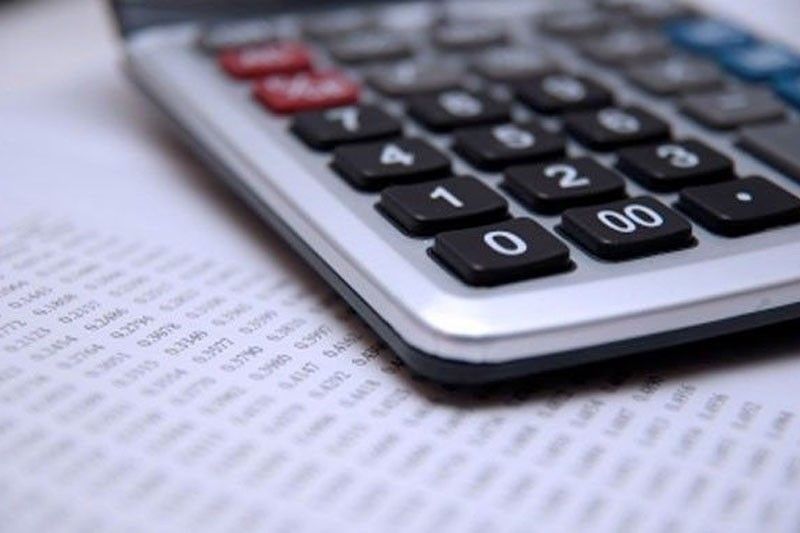‘Taxing digital services still a long way to go’

MANILA, Philippines — Capturing the digital economy into the country’s tax system will not be a walk in the park as several barriers have yet to be addressed.
In a recent study, state-run think tank Philippine Institute for Development Studies (PIDS) said the “complex and multifaceted” nature of the digital economy creates tax issues and significant policy gaps hinder its improvements.
Former PIDS research fellow and study author Janet Cuenca said the digital economy has changed the process of producing and marketing goods and services across borders.
“The taxation of intangibles constitutes an immense challenge to policymakers as the current international tax framework is designed for ‘brick and mortar’ businesses or companies that have a physical presence or permanent establishment that is used to assign tax jurisdiction,” Cuenca said.
“New business models do not require physical presence, thus, companies can easily cut across borders to earn significant profits while having opportunities for tax avoidance,” she said.
Last year, the Department of Finance and the Bureau of Internal Revenue said they would focus on developing a tax regime that would allow the government to collect value-added tax on digital transactions, whether they are local or cross-border.
House Bill 6765 or the digital economy taxation bill also seeks to impose taxes on streaming sites and other digital services, which have not been on the BIR’s list of taxpayers.
While taxing digital services will help boost the country’s revenue generation in a post pandemic world, doing so may not be that easy.
Cuenca said one issue is the scoping and measurement of the digital economy considering that the Philippines lacks official data that measure the contribution of digital trade to economic growth.
Although the government has started to measure the digital economy’s contribution, there is still a lack of statistics that could explicitly measure it.
“There is also no single standard definition of digital trade. New business models do not exactly fit the traditional sectoral classifications. Another barrier is the regulatory and legal framework that inhibits businesses to explore and invest in more digital technology solutions,” Cuenca said.
PIDS emphasized that digital infrastructure challenges related to internet availability, affordability, quality and reliance remain an issue.
The Philippines ranks low in the Asia-Pacific region in terms of internet speed. Also, only around 18 percent of Filipino households have their own internet access at home and some 10 percent of barangays are still without cellular phone signals.
Worse, there are still five percent of households that do not have electricity at home while efforts to install free public Wi-Fi in barangays have a long way to go as only 13 percent have such.
Cuenca said foreign ownership limitations and the absence of a legal framework that will regulate business platforms and facilitate new digital products should also be resolved.
- Latest
- Trending

























